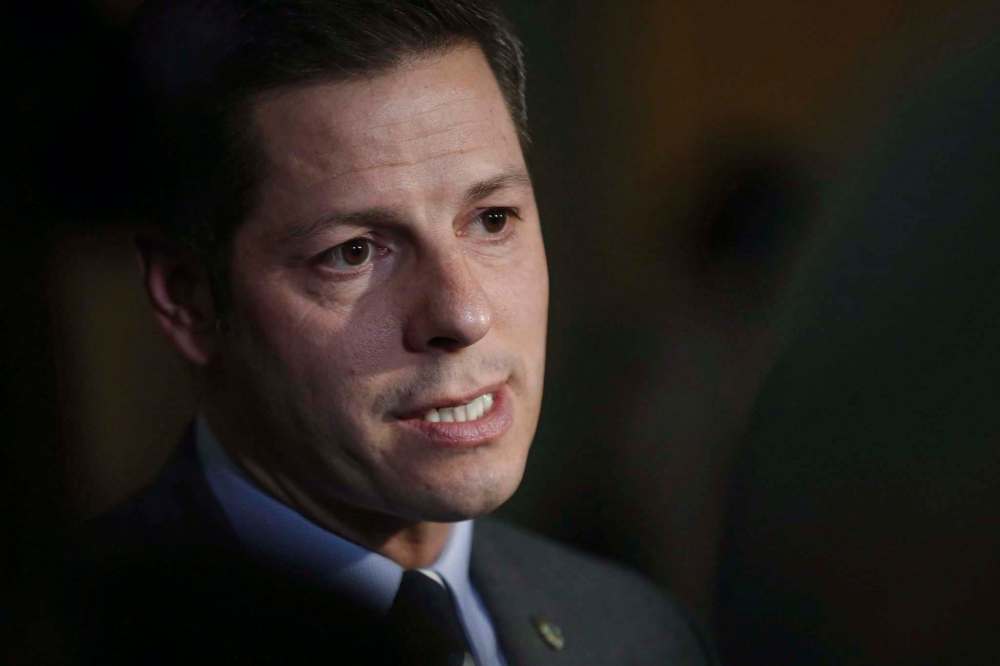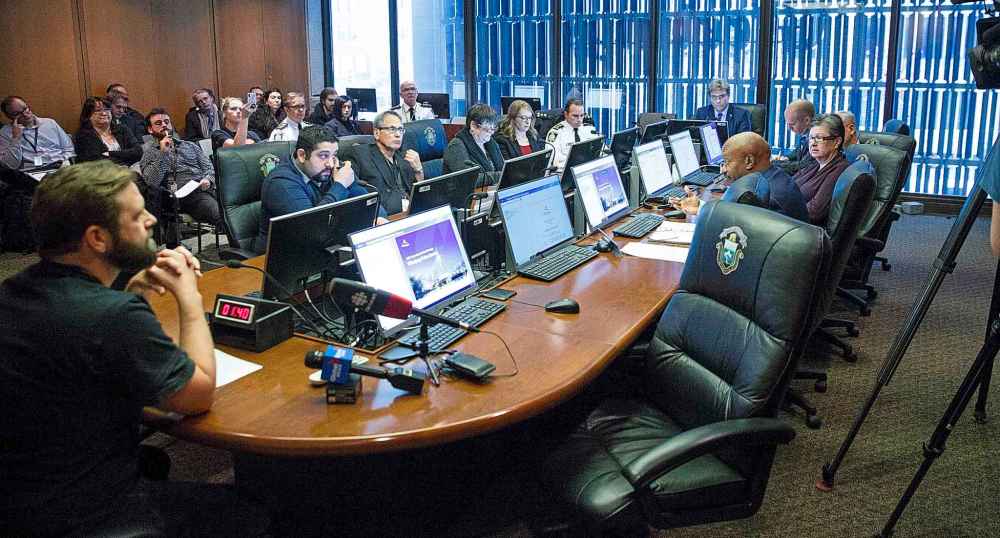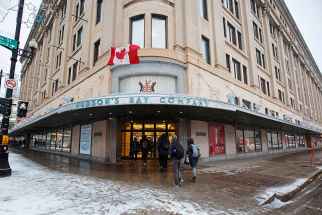Budget pushes process into the open
Read this article for free:
or
Already have an account? Log in here »
To continue reading, please subscribe:
Monthly Digital Subscription
$0 for the first 4 weeks*
- Enjoy unlimited reading on winnipegfreepress.com
- Read the E-Edition, our digital replica newspaper
- Access News Break, our award-winning app
- Play interactive puzzles
*No charge for 4 weeks then price increases to the regular rate of $19.00 plus GST every four weeks. Offer available to new and qualified returning subscribers only. Cancel any time.
Monthly Digital Subscription
$4.75/week*
- Enjoy unlimited reading on winnipegfreepress.com
- Read the E-Edition, our digital replica newspaper
- Access News Break, our award-winning app
- Play interactive puzzles
*Billed as $19 plus GST every four weeks. Cancel any time.
To continue reading, please subscribe:
Add Free Press access to your Brandon Sun subscription for only an additional
$1 for the first 4 weeks*
*Your next subscription payment will increase by $1.00 and you will be charged $16.99 plus GST for four weeks. After four weeks, your payment will increase to $23.99 plus GST every four weeks.
Read unlimited articles for free today:
or
Already have an account? Log in here »
Hey there, time traveller!
This article was published 27/11/2019 (2204 days ago), so information in it may no longer be current.
Given the recent headlines related to Winnipeg’s civic budget process, one might be inclined to believe this year’s fiscal-planning process is messier and more contentious than usual.
One would, however, for the most part be incorrect in such an assertion. The annual preparation of any city’s budget is necessarily difficult, given the ongoing struggle to do more with less and to maintain the services demanded by the public without saddling that public with never-ending tax increases.
For Winnipeg Mayor Brian Bowman and his city council colleagues, the current challenge is particularly daunting, given this community’s massive infrastructure deficit, ongoing crises related to methamphetamine addiction and associated violent crime, and less-than-required financial support from an austerity-minded provincial government.

As Mr. Bowman said last month when the current budgeting cycle was set in motion, there are “very difficult choices to make.”
There always are.
But what makes this year’s process seem louder and more laborious than others are two factors: the launch this fall of the city’s first multi-year budgeting process, and the fact the aforementioned difficult choices are being considered, dissected and discussed in full public view rather than behind closed doors as in most previous budget processes.
The blueprint remains familiar: elected officials consider the fiscal realities faced by the city and present budget-line demands to individual civic departments; bureaucrats in administration consider the hard truths with which they’ve been confronted and relate back to the mayor and council a series of worst-case scenarios that illustrate how much will be sacrificed if those extreme budgetary demands are maintained; and eventually, city council settles on a final budget that accomplishes its fiscal goals as well as possible without resorting to worst-case solutions.
In the past, many of the necessary budget compromises were achieved by simply pushing costly problems into the future, into the next annual budget cycle or perhaps far enough to make them some other council’s problem. The launch of a four-year budgeting process eliminated that option by making the city’s fiscal planning task more transparent, more immediate, more accountable and — as evidenced by the numerous delegations turning up at every civic committee’s budget presentation — more publicly contentious.
Think it’s necessary to cap police budget increases to two per cent annually over the next four years? According to the Winnipeg Police Service’s chief, the consequence will be 34 fewer uniformed officers, 25 fewer cadets and an inability of the WPS to effectively address the city’s escalating violent-crime situation.
Do financial realities require a freeze on water and waste budgets? Administrators in that department warn that garbage collection at churches, small businesses and some apartment blocks could be eliminated in order to meet council’s demand.

Convinced that budget demands dictate no more than a 0.5 per cent increase to community services? Look forward to shutting down city-owned swimming and wading pools, libraries and firehalls, and turning off thousands of streetlights throughout the city.
Trading in such doom-and-gloom scenarios is an established part of the budgeting process; it’s the exceedingly public nature of the current debate that has raised eyebrows — and fears — that makes this year different from others.
Rather than just welcoming the bouncing baby budget when it’s handed over, taxpayers are being exposed to all the details of its labour and delivery. It’s a messy process, but perhaps seeing it first-hand will allow the public to more fully embrace the little rascal when it finally arrives.











